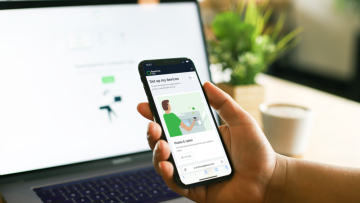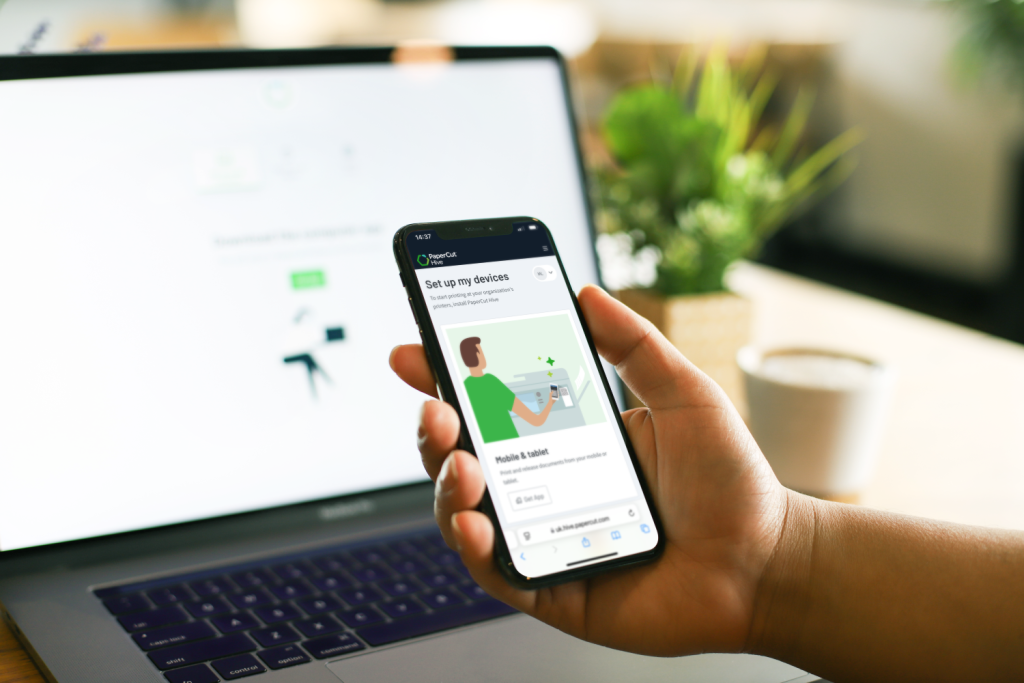As we look forward to the next decade, let’s first reflect on the previous one and the impact it had on customer support. The 2010’s was a decade driven by the emergence and evolution of mobile technology, making it easier to communicate than ever before. Think Mobility Print and Print Deploy. It also launched “big data” into the mainstream, and support teams had more information about their customers than ever before. We’ve even recently launched ACDI Analytics in a time when most companies are in ‘pause’ mode. It’s time to look even further down the road towards the future of customer support.
So, what’s in store for the next decade? Here are a few B2B customer support breakthroughs I’ve read about and hope it helps you to prepare for in the next decade.
1. It will be possible for support conversations to be converted to searchable text with minimal effort.
Great support conversations happen between a customer and an agent every day. But what happens to all the excellent knowledge the customer shared when the call is over? Most of it isn’t actionable and it doesn’t live on forever, but more businesses want it to stick around and have value. That’s why more companies will invest in a real-time speech to text technology and ensure this information never leaves their support software system.
2. Mobile chat and text message support experiences will improve, not out of preference, but because of need.
Think back just 10 years ago… was your whole life on your smartphone? Probably not. Sure, you had some photos and emails, but now everything people do revolves around a small device that’s within reach for most of the day. That’s why smartphone users will demand more than ever that the support experience they receive on mobile matches what they’ve come to expect in the office. For example, right now the live chat experience on mobile doesn’t match the desktop. More customers will expect to have streamlined chat and text experiences on mobile devices. They don’t want to leave their phone unlocked to keep the chat active or sit around wondering if a text was sent out successfully.
3. Information at the individual level, not just the company level, will help drive customer support decisions.
For years, many businesses have only worried “if the customer is happy”. But who is the customer? Is it the company itself, or the decision-maker who signed the contract? The two are not always the same, and the B2B support mentality is changing to reflect this distinction. Receiving real-time information about the contacts you support, not the companies, will help drive impactful support conversations. For example, looking at LinkedIn information directly within your support software, an executive with a career background in video technologies would likely want to video chat more than someone working at the same company who worked with server infrastructure.
4. B2B support will be less about telling and more about showing through custom, on-demand content.
People are watching less live TV, so it only makes sense that we’re also trending towards less “live” support interactions. Instead of typing out a long response, a support expert may record their screen for 5 minutes and narrate how to solve a problem. This video will then be uploaded to a searchable video support portal for the customer, like their own Netflix for working with your business.
5. Machine learning will determine not only who proactive support teams should contact, but when and how.
What if you were able to take all the data stored in your support software and utilize it to better understand and respond to what your customers need, think, and do? Assuming you have historical customer data in your support software solution, which ACDI does, machine learning can be powerful in driving more meaningful interactions. For example, let’s say you need to tell a customer about a software bug that affected a key product on their account. Machine learning, with the right data, can tell you when the best day and time is to send the message, who the best person at that company would be to send the message to and what terminology to use (“bug” or “problem”) so the message lands in the best way, and so much more. Machine learning can also be used to predictively analyze data and provide responses that could eliminate the need for a call or interaction with an agent. The predictive ability of machine learning will transform support organizations.





